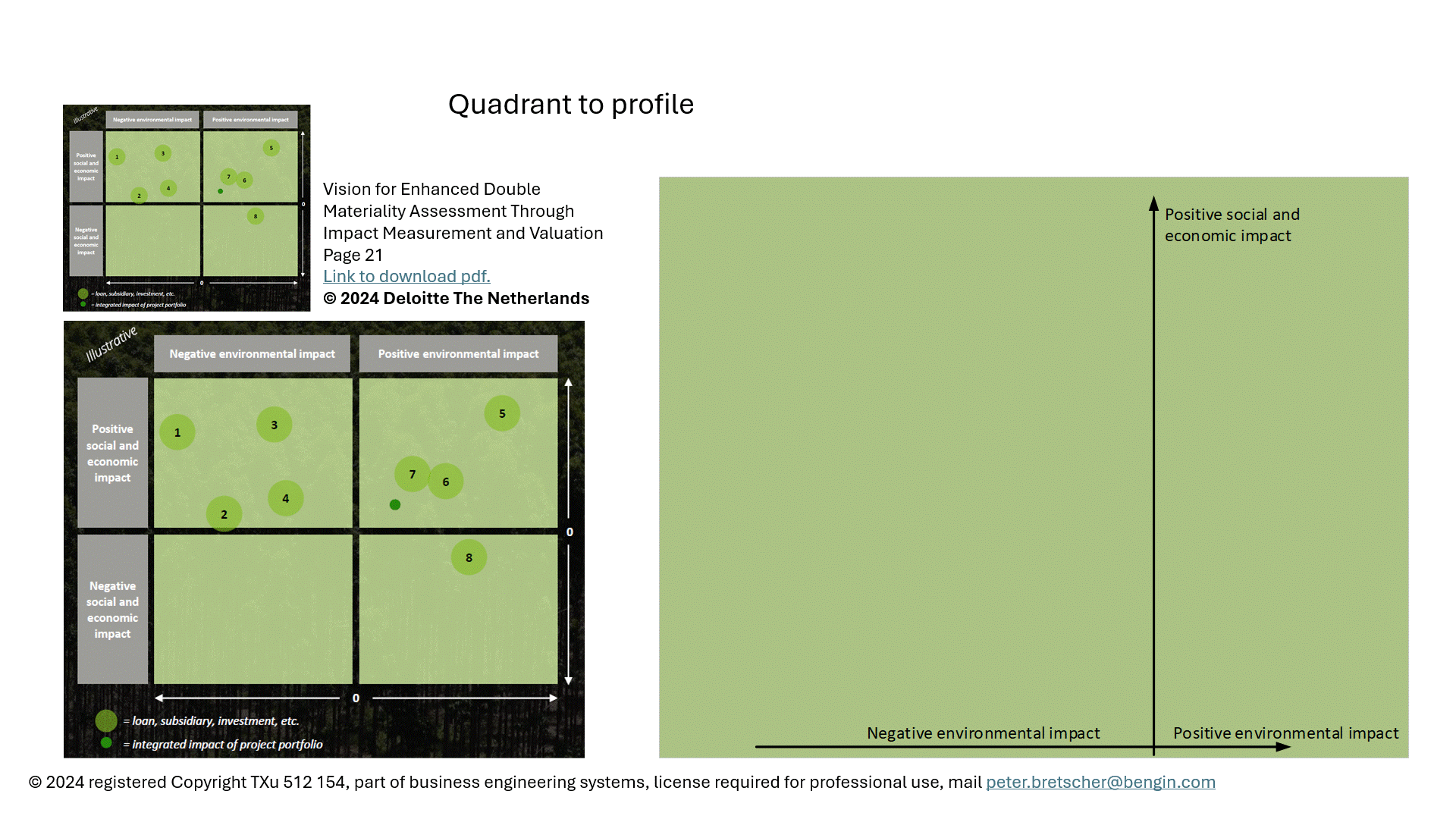Re-Engineering Business Administration
Next two generation of economic reasoning are ready - are you too?
Project - Institute - BE-Systems
Expand the limits of the old economic theory. - Why?
Expanding the limits of old economic theory in the context of Business Administration serves several important purposes:
- Adaptation to Modern Challenges:
Traditional economic theories often fail to account for the complexities of globalization, technological advancement, and environmental concerns. By expanding these theories, businesses and policymakers can better navigate the dynamic and interconnected world. - Incorporating Behavioral Insights:
Older theories sometimes rely on assumptions like perfect rationality. Incorporating insights from behavioral economics helps address how individuals and organizations actually behave, leading to more realistic and effective strategies. - Fostering Innovation:
By revisiting and broadening traditional frameworks, businesses can identify new opportunities for growth, adapt to shifting markets, and develop innovative business models that align with contemporary realities. - Sustainability and Equity:
Expanding traditional theories allows the inclusion of environmental and social factors, promoting sustainable practices and equitable growth rather than solely focusing on profit maximization. - Interdisciplinary Integration:
Business challenges often intersect with psychology, sociology, and technology. Broader theories can better integrate these fields, providing comprehensive approaches to solving modern problems.
do not Download this picture as a pdf with integrated links to get more information
Focus #1: Four worlds, then World #3 'Instructions to the human mind (teachings)'

Thinking not only about one but four worlds.
The "philosophical" concept of "four worlds" can be seen as a framework for understanding different scientific aspects (economics too) of reality and how they interact with human perception and societal structures.
World 1: Real World
- This is the tangible, physical world we live in, encompassing all real-life entities and (intangible) phenomena.
World 2: Experienced World
- This world is shaped by individual perceptions and experiences. It is subjective and varies from person to person.
World 3: Explained World
- This world consists of knowledge, teachings, scientific insights, and academic papers. It represents the instructions and explanations provided to the human mind. (Creating a - sometimes distorted - 'Virtual Reality')
World 4: Regulated World
- This world includes legal and paralegal rules, such as those for accounting and auditing. It is the framework within which businesses and societies operate.
Focus #2: Innovating classic MindWare

Reinventing Economic Theory
- The evolution of economic theory is a testament to the dynamic nature of business and societal needs. As traditional economic models, which focus on production factors like land, labor, and capital, become less capable of explaining the complexities of modern smart enterprises and nations, a shift towards more holistic and multidimensional approaches is underway. This shift includes the recognition of both tangible and intangible assets as critical production factors and the adoption of vector-based, multidimensional value metrics for more integrated modeling and decision-making. Such advancements in Business Engineering reflect the growing understanding that economic value is multifaceted and that our analytical tools must evolve to capture this reality effectively.
Focus #3: Business Enginering Systems - solutions beyond old limits

Business Engineering System
Explaining Real World with an unknown precision.
Business Engineering System
- The Business Engineering System is an enhanced economic explanation system that promotes sustainable strategies. It helps responsible enterprises and decision-makers recognize the real assets of their enterprises, addressing both tangible and intangible needs of customers. This system includes thousands of papers and 3D models, with an R&D expense of around CHF 7 million. That papers and models can easily be adapted to realize innovative solutions for real use cases.
Focus #4: Project NEMO - Next Economic Model for New Enterprise Management Options

Basic / Main Elements of Project NEMO
Project NEMO
- Purpose: Re-Invent economic theory in a compatible manner
INSEDE Institute for Sustainable Economic Development
- Base for R&D, production, services and licensing MindWare and SoftWare.
Business Engineering Systems
- Redesigned Business Administration to develop smart enterprises and nations, prioritizing people and nature as much as financial success.
Other Options for insights using Hybrid Metrics.
Visualizing is key for better transfer of insights to others' understanding.
Below some solutions from the "measuring and visualizing multidimensional metrics" part. Download and try Excel templates. No registration needed.
Economic Profile is part of 'Project NEMO' (New/Next Economic Model) and 'Business Engineering Systems' (tools for smarter economy) - registered Copyright TXu 512 154 - commercial use needs adequate license - trials and private use is free (no derivatives) - additional patents are in preparation.
Want to know more? -> e-mail: peter.bretscher@bengin.com
The Goal of 'Project NEMO' (New/Next Economic Model) is to enhance classic economics by
(i) including intangible assets and needs as the common (re)source of welfare and wealth and
(ii) disclosing a vector based hybrid value principle enabling monetary AND nonmonetary dimensions as a compound/hybrid measure.


